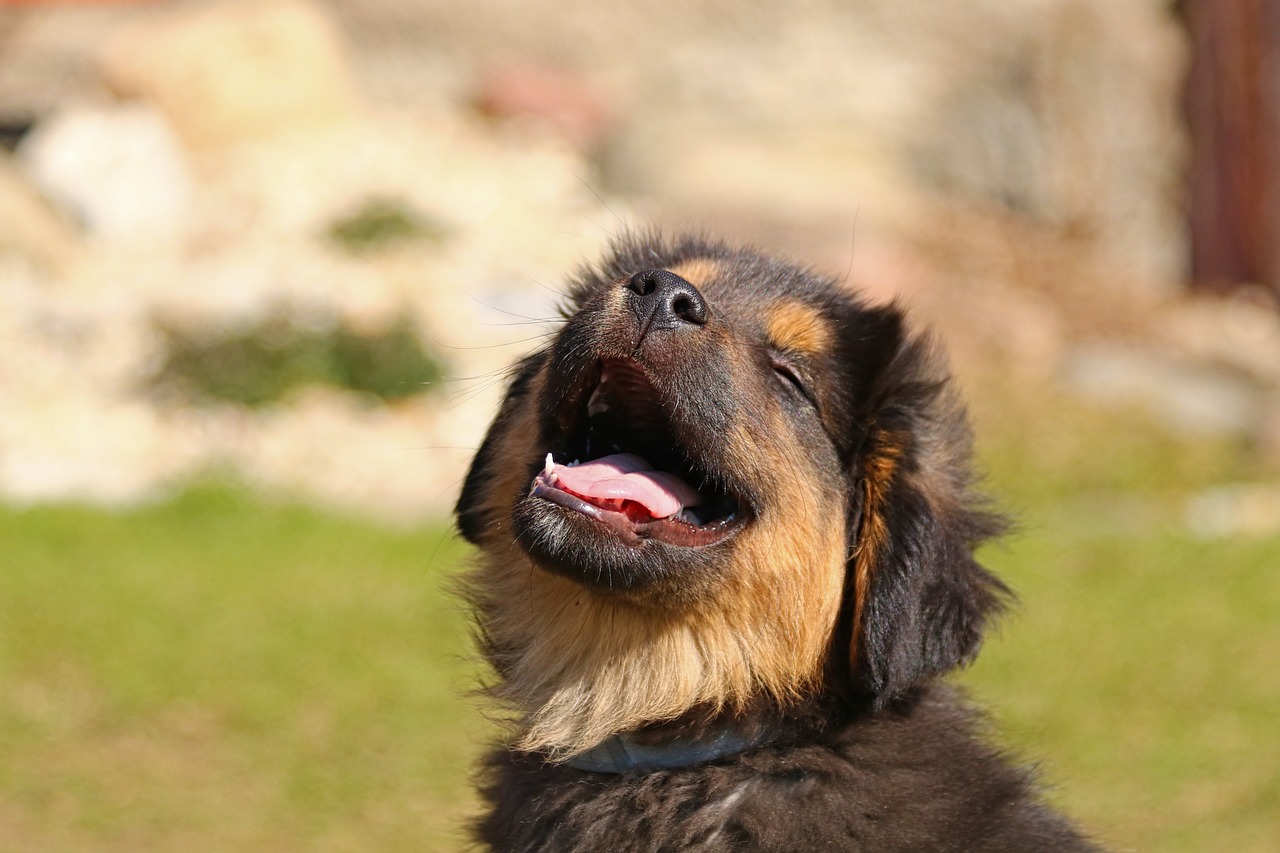Training is important for every dog, but what works for one doesn’t always work for the other. This is even more pronounced in young pups still learning about the world around them and growing into their future selves. Some puppies are naturally more energetic and curious, while others may be more reserved or anxious. Effectively developing training methods is only possible by identifying what part of their life they are in, what they need help with, and what behaviors you are looking to address. Young dogs may be similar to their adult versions, but there are many concerns to keep in mind to prevent stress and harm while training puppies.
Why Puppies May Need Different Training Regimens
The age of a puppy will change which type of training is required. While you may like to think your new dog will be a puppy forever, they grow up fast, with different needs at different times.
For instance, younger puppies, typically between 8 and 12 weeks old, should be exposed to various environments, people, and other animals to develop confidence and reduce future fear-based behaviors. On the other hand, older puppies, around 4 to 6 months, may already have some basic training and require more advanced techniques to reinforce good habits and manners.
Your dog’s breed may also affect how it acts as a puppy and how training impacts its upbringing. Herding breeds like Border Collies are highly intelligent and energetic, needing mental stimulation and physical exercise to prevent boredom and destructive behavior. In contrast, breeds like Bulldogs may have a more relaxed demeanor. Still, training puppies of all types requires meeting their physical and emotional needs through routine play and training.
Many of the behaviors of rambunctious pups, such as chewing, biting, and barking, are disruptive to your home. If not addressed at this young age, the behavior will become even more problematic and dangerous over time. Training should focus on redirecting these behaviors towards acceptable outlets, and you will have to observe your new puppy to truly understand what to focus on and when.
Recommendations When Training Puppies
At a fundamental level, house training should be the first serious training focus for young puppies. Without house training, you and your family cannot live a harmonious life with your new pup. Establish a consistent outdoor routine when deemed safe and possible for their age, usually around 15 or 16 weeks and after their vaccines. Since puppies and their bladders are small, take them outside frequently, especially after meals, naps, and play and training sessions.
Consistency is key at this early stage: Always take the puppy to the same spot outside and reward them immediately after they relieve themselves. Not only does this help them understand the task at hand and build confidence, but it also prevents you from accidentally bringing them to a place full of other dogs’ scents. Avoid public dog parks until your dog is grown up, instead focusing on your own yard or a nearby part of your neighborhood. Your puppy may not physically be able to hold its bladder reliably until the advanced age of 14-18 weeks, but early training helps them develop good habits for later.
Once house training is established, shift focus to basic obedience commands such as the classics of ‘sit, stay, come, and heel.’ A solid foundation of obedience commands helps establish good behavior and a long life of mutual fun and respect. Short training sessions are best for young puppies who don’t have the attention span or discipline to sit for long periods. But at the same time, training shouldn’t be infrequent. Like potty breaks outside, attempt to schedule many training sessions throughout the day. If you make training fun and engaging, your puppy will be interested and eager to learn instead of annoyed.
Socialization is another component of puppy training that should begin as early as possible. It does not have to be focused on rigidly before or after other forms of training. Still, obedience commands can help you keep control of a new pup when it is in unfamiliar and uncomfortable situations. Exposing puppies to various people, animals, environments, and situations builds their confidence and reduces the likelihood of fear-based behaviors. Without proper socialization, you will likely face years of uncertainty and behavioral issues.
As mentioned, taking a young puppy outside for socialization is not always safe at a young age. If your dog is not yet vaccinated, taking them outside to a public park to socialize is dangerous for the same reasons as taking them outside for bathroom breaks – diseases, canine viruses, and potential harm from other animals. Socialization doesn’t just mean socializing with other dogs; you can work on it from the safety of your home. It helps your dog learn everything about their surroundings, from scary noises to new people and weird textures and smells.
When you bring a new puppy home, teaching them everything they need to know to take on the world can be overwhelming. If basic training isn’t going well or you are worried about their progress, a dedicated puppy training program can help you see results. Contact Gulf Coast Dog Training today to learn more about our training programs and what results you can expect.





